PROMIS-10 PROMs Clinical Workflow
Date
Introduction
As part of the Patient-Reported Outcomes Measurement Information System (PROMIS) created in 2004, The PROMIS Global-10 is a publically available global health assessment tool that allows measurements of symptoms, functioning, and healthcare-related quality of life (HRQoL) for a wide variety of chronic diseases and conditions. [1]
The PROMIS Global-10 short form consists of 10 items that assess general domains of health and functioning including overall physical health, mental health, social health, pain, fatigue, and overall perceived quality of life. The 10 questions of the Global-10 have largely been adapted from other frequently used “legacy” measures such as the SF-36 and EQ-5D. But rather than hitting ‘copy/paste’, the developers of this tool extensively reviewed each of the legacy tool questions, and made modifications that resulted in greater sensitivity and precision than the questions as originally worded.
The PROMIS-10 flow contains the PROMIS-10 questionnaire and associated calculation. After form submission, the PROMIS-10 calculation is executed automatically. It's easy to extend this flow with conditional logic based on the interpretation of the PROMIS-10 calculation.
PROMIS-10 questionnaire Questions and Scoring
Click here to see the English version of the PROMIS-10
The scoring system of the PROMIS Global-10 allows each of the individual items to be examined separately to provide specific information about perceptions of physical function, pain, fatigue, emotional distress, social health and general perceptions of health.
A recent study from the PROMIS network has supported derivation of two 4-item summary scores:
A Global Physical Health (GPH) score
Global Mental Health (GMH) score
The GPH and GMH score can be used to arrive at a “bottom-line” summary of health and mental status. GPH and GMH scores can be easily converted to a T-Score metric allowing for comparisons to a general (norm) population.
References
Back






















